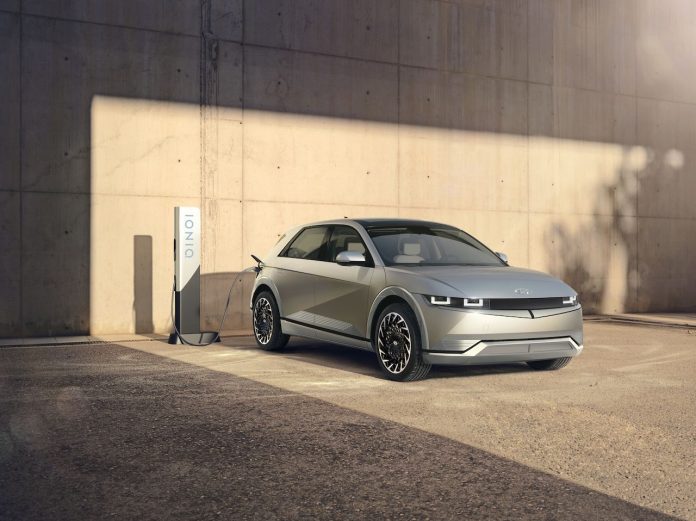As of January 1, 2023, automakers selling EVs with final assembly outside of North America could qualify for a commercial vehicle tax credit, according to the U.S. Treasury Department.
By allowing up to $7,500 for used subsidized leases, the tax credit satisfies the Inflation Reduction Act (IRA) requirements and its restructured EV tax credits. Automakers have also stated that the credit could be used to reduce lease costs.
This means that many U.S. EVs will probably be eligible for the total $7,500 amount until about the first quarter of 2023, after which most of those eligible vehicles will only be eligible for $3,750.
The law also requires vehicles to use increased amounts of critical minerals from the U.S. or countries with which the U.S. has free trade agreements and increased levels of North American battery components. In an effort to keep U.S. businesses out of a battery supply chain controlled by China, it also established revenue and price caps and barred vehicles from receiving EV tax credits if they contained any parts or minerals created in a “foreign entity of concern.”
A vehicle that satisfies either the mineral or battery component requirement will be eligible for half of the credit. But, if it meets both, it will qualify for the full tax credit. Automakers have complained about the difficult-to-meet requirements and predicted that, if implemented, no existing vehicles would be eligible in January.
However, under the new credit, the MSRP of the vehicle can be, at most, $55,000 for passenger cars or $80,000 for SUVs, trucks, and vans. Additionally, even if the MSRP includes options, the IRS warns that “it isn’t necessarily the amount you pay”—a distinction many may need, considering dealer markups in the current economy.
For single filers, heads of households, and married couples filing jointly, the new rules stipulate that buyers must have a household income of $150,000 or less, $225,000 for heads of households, or $300,000 for married couples filing jointly. Additionally, buyers must purchase the vehicle for personal use, not resale, to be used primarily in the U.S.
The department will release its full proposal for guidance in March 2023.
Did you enjoy this article? Please share your thoughts, comments, or questions regarding this topic by connecting with us at newsroom@cbtnews.com.
Be sure to follow us on Facebook, LinkedIn, and TikTok to stay up to date.
While you’re here, don’t forget to subscribe to our email newsletter for all the latest auto industry news from CBT News.



